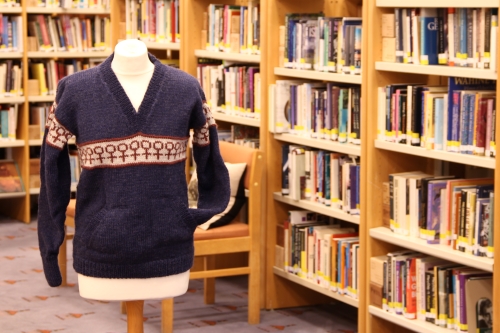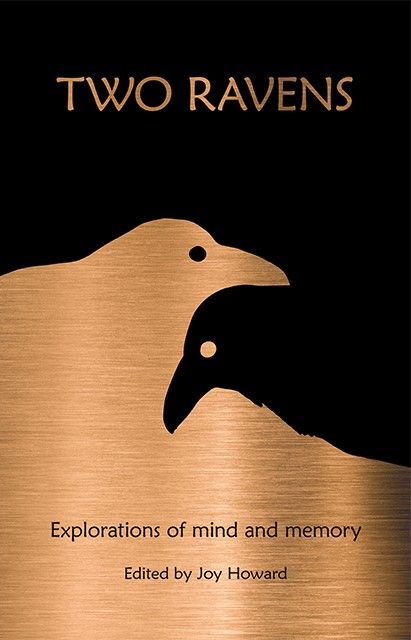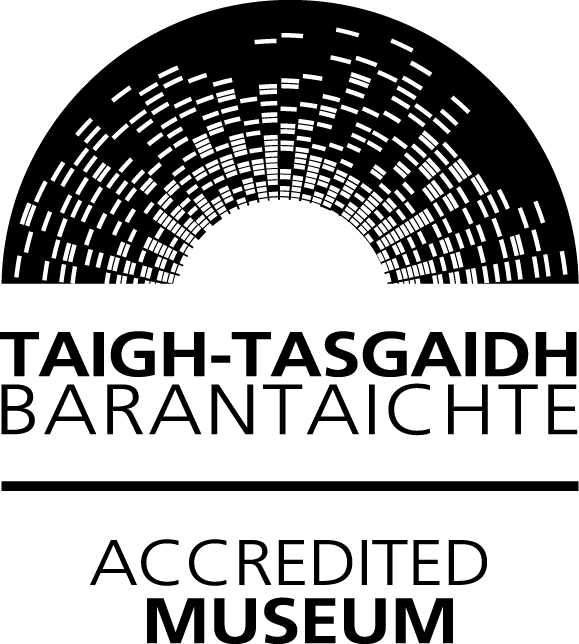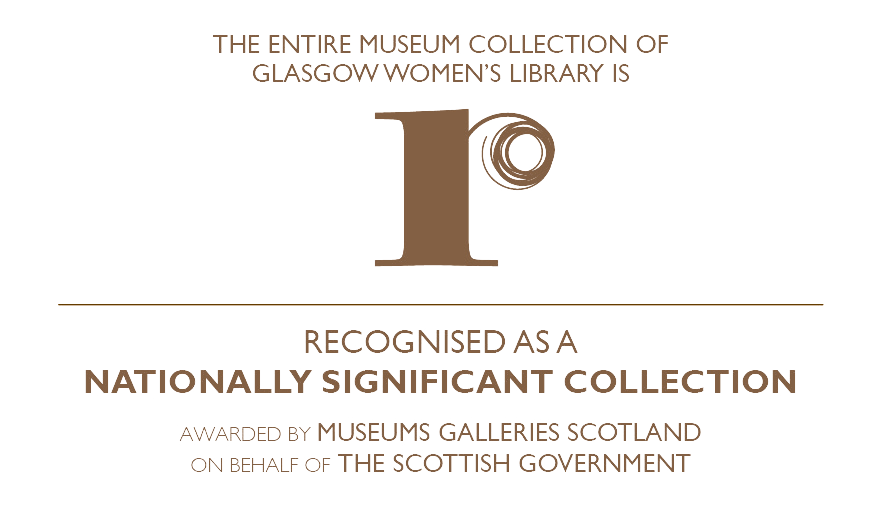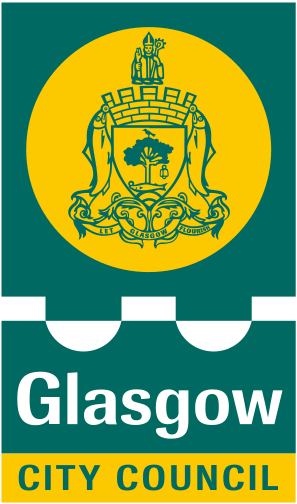In imagination, we chase the dead, shouting, ‘Come back!’ We may suspect that the voices we hear are an echo of our own, and the movement we see is our own shadow. But we sense the dead have a vital force still – they have something to tell us, something we need to understand. Using fiction and drama, we try to gain that understanding.
These are the words of author Hilary Mantel in the first of this year’s BBC Reith Lectures, ‘The Day is for the Living’. In it, she navigates the murky waters of memory, exploring the relationship between the author of historical fiction and fact, truth and myth, with some thought-provoking outcomes. Mantel explains that as soon as someone is committed to the annals of history, they become an interpretation in the minds of the living, and this changes the way we view and understand the past. Of the faint footprints left behind by the dead, it is up to the living to collect and translate them in order to celebrate and better comprehend those that have come before us.
Earlier this month, Glasgow Women’s Library held an event showcasing a group of women who have done just that. ‘Voices from the Belvidere’ was a creative history project inspired by a local fever hospital, about which more information can be found in this excellent article. From the mid-19th to the 20th century, women of many different backgrounds contributed to the effective running of the Belvidere, overseeing national crises from the smallpox epidemic to the outbreak of world war. The stories of nurses, doctors, cleaners and patients wove a compelling narrative of women who defied stereotype without seeing themselves as anything other than ordinary workers. To retell these stories, a group of diligent GWL volunteers set out to create a series of dramatic monologues which captured the unique atmosphere of the hospital and the women that made it.
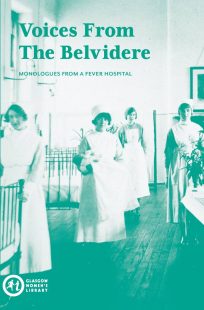
The group trawled NHS records and archive materials, taking inspiration from everything from the record of a nurse who caught more diseases than some of the patients, to a scrawled note next to another, labelling her ‘dangerous and unsatisfactory’. Witty, tragic and often shocking, each monologue was thoughtfully composed and excellently performed as the participants brought to life individual characters, contributing to the choir of voices that once constituted the Belvidere. It was a moving experience, and one which highlighted the importance and legitimacy of historically inspired creative writing as Mantel so rightly defends in her lecture.
‘The Day is for the Living’ is revealed to be an old saying of Mantel’s great grandmother, whom she introduces throughout the course of the lecture. For many of us, our first encounter with the concept of the past is through our grandparents and the stories told by and about them. In June, GWL was visited by two writers who, inspired by tales of their own ancestors, have embarked on separate projects with a common theme. Dismayed by the general of lack of recorded women’s histories and perspectives, Julia Lee Barclay-Morton and Heather Pearson met online after realising that they had both created their own web spaces to celebrate grandmothers. Hailing from New-York and Edinburgh respectively, a coincidental meetup in Glasgow naturally meant a visit to the Women’s Library.
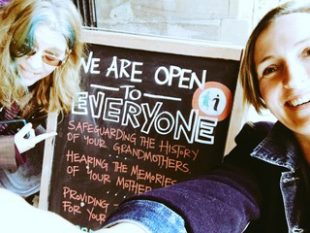
Julia developed the website, ‘Our Grandmothers, Ourselves,’ while completing her novel, ‘The Amazing True Imaginary Autobiography of Dick and Jani’, a fictionalised account of her grandmothers’ experiences in 20th century USA. Much like Heather’s website, ‘The Grantidote’, her aim is to produce a collection of stories about the extraordinary lives of ordinary women, celebrating them as the insight to the past that is so often overlooked or forgotten. Heather in particular is on a mission to gain 100 contributions by next summer, so do drop her an email if you’d like to get involved.
Through such acts of creative commemoration, we gain empathy and deeper understanding of events, people and places of the past. It is no coincidence that in many other languages, ‘history’ and ‘story’ are represented by the same word. Historia, histoire, Geschichte, история. Here at the Glasgow Women’s Library and Museum, we are trying to tell a ‘herstory’, seeking out perspectives buried in archives, diaries or even NHS records and, as our beloved billboard reads, ‘safeguarding the history of your grandmothers, hearing the memories of your mothers, providing inspiration for your daughters’.

